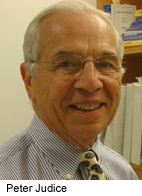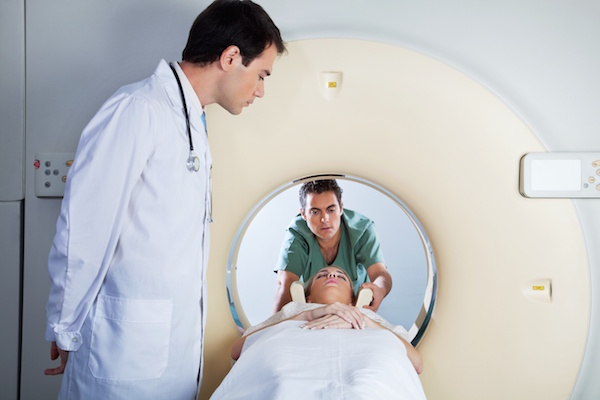
FRIDAY, Aug. 10 (HealthDay News) — Peter Judice’s family doctor routinely added the prostate-specific antigen screening (PSA) test to his annual physical. And, more than once, the number was elevated enough that his doctor sent him to see a urologist. But, the urologist always reassured him that there was nothing to be concerned about.
In 2008, when he was 73 years old, Judice’s PSA score went up by more than 10 percent. Again, his family doctor referred him to the urologist. This time, however, the urologist scheduled a biopsy.
The biopsy results suggested that Judice’s cancer might be a more aggressive type.
“The doctor said something’s going on and that’s not good, so we really should address it,” recalled Judice, who lives in Larchmont, N.Y. The urologist recommended surgery. He also told Judice that surgery wasn’t necessarily a superior treatment, but that he usually recommends surgery because he’s a surgeon.
Judice sought a second opinion, and that doctor suggested hormone therapy and 48 weeks of radiation.
While he was seeing different doctors, Judice was also reading books and medical literature and talking to people he knew.
“I was nervous about surgery because there are so many nerves that run through that area, and hormone therapy seemed like it had a lot of side effects I wouldn’t want — like hot flashes or breast enlargement,” Judice said.
He saw another radiation oncologist and asked that doctor about a treatment he’d read about — high-dose radiation. That’s the treatment he ultimately chose.
It required an overnight stay in the hospital for the initial radiation sessions, followed by weekly radiation sessions for the next six to seven months. He went to those weekly sessions after work in the evening and was usually back at work the next day, he said.
That was four years ago now, and Judice said his doctors have told him that he’s considered cured.
As for side effects, he said he’s experienced more frequent urination, but that it’s not too bothersome. “I just need to anticipate and prepare if I’m going to be somewhere without a bathroom, like going for a long walk in the woods,” Judice said.
“I feel like I made the right choice for me. And most people I’ve talked to since then seem satisfied with the choice they made,” he said.
“For some people, the C-word just scares the hell out of them, and they want to get it out as quickly as possible, so surgery’s a good choice for them,” Judice noted. “If you’re comfortable with the odds that you’ll probably die of something else first, then you may be OK with watchful waiting. I read the literature before I made my choice, and I felt like I really knew what I was in for.”
His advice: “There’s really no perfect solution — it really comes down to what you think is best for you.”
More information
A companion article offers more on screening for prostate cancer.

